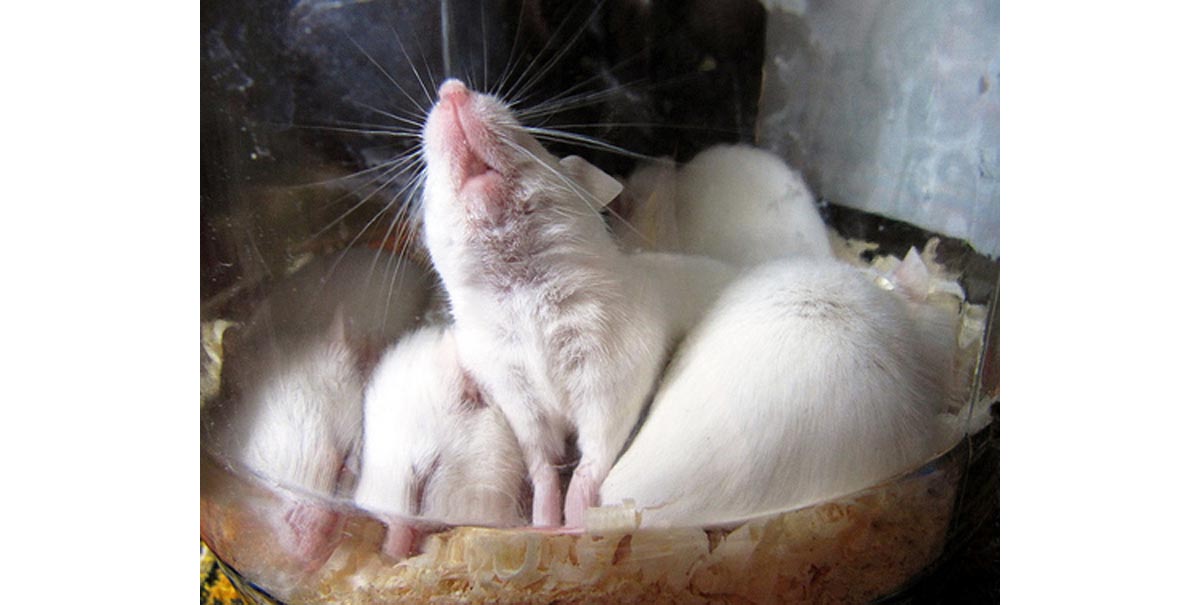Genetically engineered animals have played an important role in finding medicines for debilitating diseases. However, unchecked humanization of animals in the name of medical research may lead to creation of monsters.
Unchecked humanization of animals in the name of research may lead to creation of monsters
Nobody can deny the importance of animals containing human material in the field of medical research. Genetically engineered animals have played an important role in finding medicines for debilitating diseases like cancer and in finding new treatments for conditions like infertility. Humanized animals are also very crucial in the field of stem cell research. However, unchecked humanization of animals in the name of medical research may lead to creation of monsters, a fear that has been voiced by a group of leading British researchers.According to a report from Britain’s Academy of Medical Sciences, clear

Watching animals with human features in cartoons and movies may be funny but meeting them in real life will certainly not be funny at all
Opinion polls have showed that men have no issue if the animals are modified with human genes as long as this supports medical research. However, they are concerned if the experiments involve brain, fertility and features unique to humans. Watching animals with human features in cartoons and movies may be funny but meeting them in real life will certainly not be so funny.In the US, scientists carried out an experiment where they implanted human embryonic stem cells into mouse embryos. The mouse cells divided at a much faster rate and only a small number of embryos ended up “human.” However, imagine a scenario, where the opposite happens. When experimenting with a non human primate, it is almost impossible to predict where the experiment will lead.
At present, all experiments concerning animals are regulated by the Home Office through the Animal Procedures Committee. The report calls for a national expert body which can provide specific advice on “animals containing human material” (ACHM) research. It also calls for a new system of categorization of ACHM experiments into Category one, two and three. Category One experiments would cover uncontroversial work. Category Two would cover a “limited number” of procedures requiring “strong scientific justification” and would be scrutinized carefully. Category Three would cover experiments which would be banned because “they are not so necessary or raise very strong ethical issues.” British ministers have welcomed the report and have promised to study its recommendations carefully. Similar steps should be taken by other countries as well so that experiments necessary for medical innovations are carried out but experiments which venture into grey areas and raise ethical concerns are stopped.
- “Experts warn over humanizing apes”, The Independent, published on Jul 22, 2011, accessed on Jul 25, 2011.
- “Humanizing’ Animals Drives Brain Research”, The DANA Foundation, by Guy McKhann, published on Jul 1, 2007, accessed on Jul 25, 2011.
- “New rules urged on hybrid animal-human experiments”, Reuters, by Ben Hirschler, published on Jul 21, 2011, accessed on Jul 25, 2011.
- Photo courtesy by ksalonsweetly on Flickr: www.flickr.com/photos/12004898@N06/4642070007/

